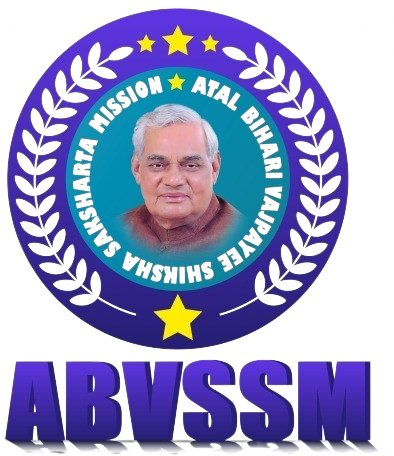Courses We Offer
For course counselling get in touch with us direclty.
Explore More Courses
- ADCA ( ADVANCE DIPLOMA IN COMPUTER )
- PMA (PROGRAM IN MULTIMEDIA ANIMATION)
- DFA (DIPLOMA IN FINANCIAL ACCOUNTS)
- ADOAP (ADVANCE DIPLOMA IN OFFICE AUTOMATION & PUBLISHER
- DITA (DIPLOMA INFORMATION TECHNOLOGY & APPLICATION)
- DCA ( DIPLOMA IN COMPUTER APPLICATION)
- ADCS (ADVANCE DIPLOMA IN CYBER SECURITY)
- DIA (DIPLOMA IN INDUSTRIAL ACCOUNTING)
- ADCHN (ADVANCE DIPLOMA IN COMPUTER HARDWARE & NETWORKING)
- DDM (DIPLOMA IN DIGITAL MARKETING)
- DGM (DIPLOMA IN GRAPHIC DESIGNING)
- BASIC COMPUTER COURSE
- DTP (DESKTOP PUBLISHING)
- TALLY
- HTML/DHTML (HYPERTEXT MARKUP LANGUAGE)
- INTERNET & EMAIL, ONLINE WORK
- CCC ( CERTIFICATE IN COMPUTER CONCEPT)
- AUTOCAD
- CCTG (CERTIFICATE IN TALLY GST)
- CERTIFICATE IN ACCOUNTING
- CERTIFICATE IN PERSONALITY DEVELOPMENT
- IT (INFORMATION TECHNOLOGY)
- SOFTWARE INSTALLATION COURSES
- ENGLISH TYPING
- HINDI TYPING
- CERTIFICATE IN IMAGE EDITING
- CERTIFICATE IN MARKETING
ADCA ( ADVANCE DIPLOMA IN COMPUTER APPLICATION )
Overview: The Advance Diploma in Computer Applications (ADCA) is a comprehensive course that provides students with a strong foundation in computer applications and programming. This course is designed to equip students with the necessary skills and knowledge to pursue a career in the field of information technology.
Certification
- ONE YEAR COURSE (COMPUTER COURSE)
Course Modules
Computer Fundamentals: Introduction to computers, components of a computer system, operating systems, and computer architecture.
Programming Languages: Basics of programming languages such as C, C++, Java, and Python. Understanding of programming concepts like variables, data types, control structures, functions, and arrays.
Database Management: Introduction to database concepts, relational database management systems (RDBMS), and SQL programming.
Web Development: Basics of web development including HTML, CSS, JavaScript, and PHP. Introduction to web servers and web hosting.
Networking: Fundamentals of computer networking, types of networks, network protocols, and network security.
Operating Systems: In-depth study of operating systems like Windows, Linux, and MacOS. Understanding of file systems, memory management, and process management.
Software Engineering: Basics of software engineering, software development life cycle (SDLC), and software testing.
Project Work: Practical implementation of the concepts learned during the course through a project.


